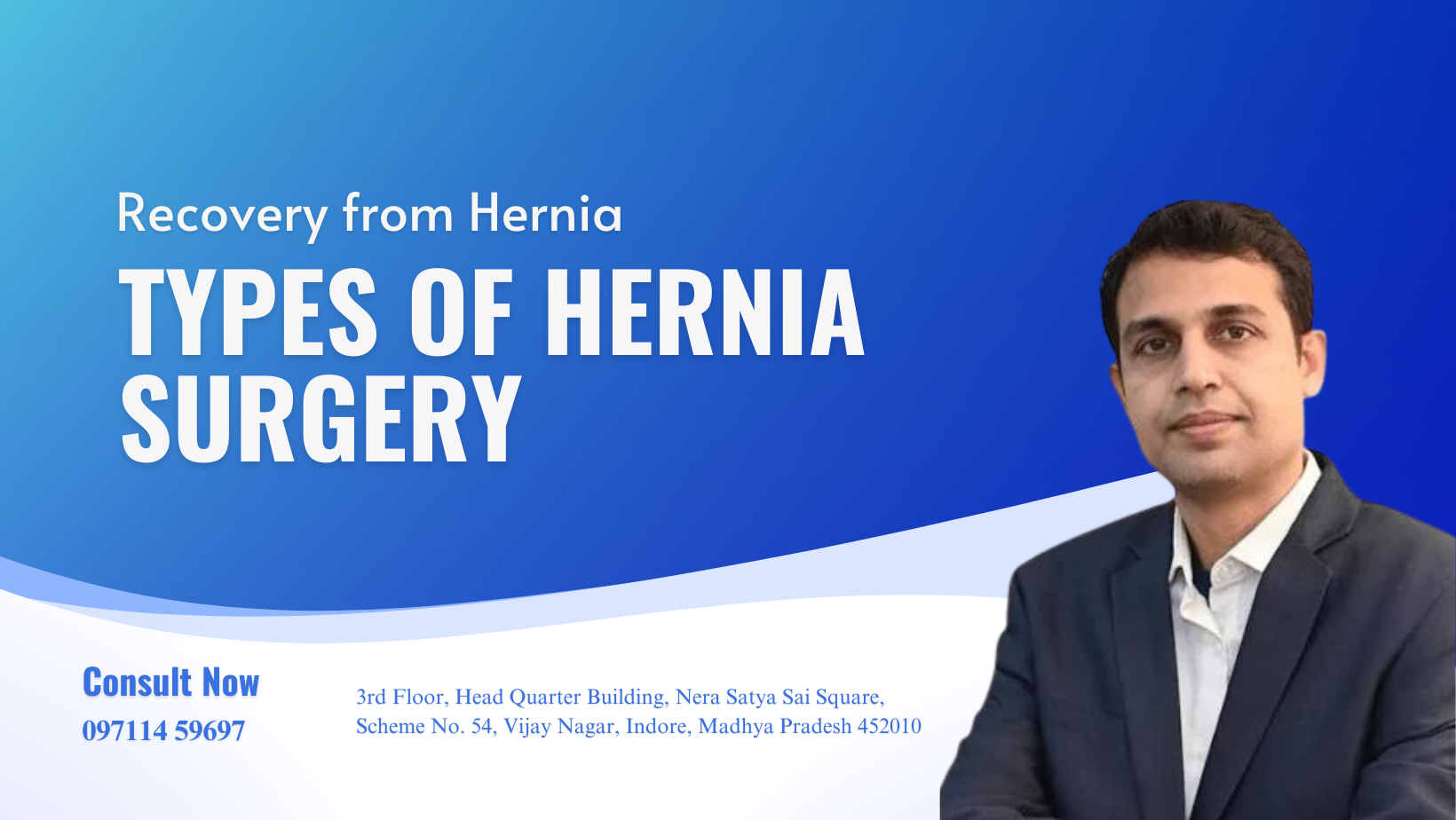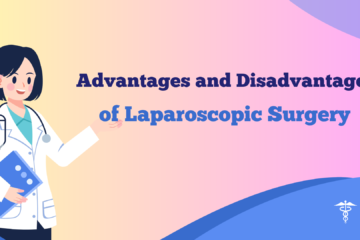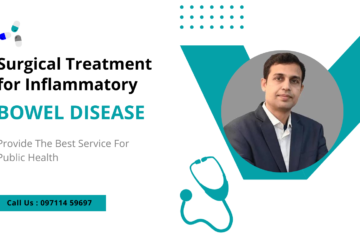Hernia is a common medical condition that occurs when an internal organ or tissue bulges through a weakened area in the surrounding muscles or tissues. It commonly occurs in the abdominal or groin area and can cause pain and discomfort. The treatment for hernia usually involves surgery, and the recovery process can vary depending on the type of hernia and the surgical procedure used. In this blog, we will discuss the recovery process from hernia surgery.
Types of Hernia Surgery:
The most common types of hernia surgery include open hernia repair and laparoscopic hernia repair. Open hernia repair involves making a larger incision in the affected area and repairing the weakened muscles or tissues. Laparoscopic hernia repair involves making several small incisions in the abdominal or groin area and repairing the hernia using specialized instruments and a tiny camera.
Recovery from Open Hernia Repair:
The recovery process from open hernia repair can take several weeks, and it is essential to follow the postoperative instructions provided by your surgeon to ensure a smooth recovery. Here are some of the things you can expect during your recovery:
1. Pain Management
You may experience some pain and discomfort in the affected area after the surgery. Your surgeon may prescribe pain medication to manage the pain. It is important to take the medication as prescribed and avoid over-the-counter pain medication, as they can interfere with the healing process.
2. Rest and Activity
It is essential to rest for the first few days after the surgery to allow your body to heal. Avoid strenuous activities, lifting heavy objects, and driving for at least two weeks after the surgery. Gradually increase your activity level as you feel comfortable.
3. Diet
It is important to eat a healthy and balanced diet to aid in the healing process. Avoid spicy, fatty, and greasy foods that may irritate the digestive system. Eat small, frequent meals to prevent nausea and vomiting.
4. Incision Care
Keep the incision site clean and dry to prevent infection. Your surgeon may recommend specific wound care instructions, including how to clean the incision and change dressings.
5. Follow-Up Visits
Your surgeon will schedule follow-up visits to monitor your recovery and ensure that the hernia has not returned.
Recovery from Laparoscopic Hernia Repair:
The recovery process from laparoscopic hernia repair is generally faster than open hernia repair. However, it is important to follow the postoperative instructions provided by your surgeon to ensure a smooth recovery. Here are some of the things you can expect during your recovery:
1. Pain Management
You may experience some pain and discomfort in the affected area after the surgery. Your surgeon may prescribe pain medication to manage the pain. It is important to take the medication as prescribed and avoid over-the-counter pain medication, as they can interfere with the healing process.
2. Rest and Activity
It is essential to rest for the first few days after the surgery to allow your body to heal. Avoid strenuous activities, lifting heavy objects, and driving for at least two weeks after the surgery. Gradually increase your activity level as you feel comfortable.
3. Diet
It is important to eat a healthy and balanced diet to aid in the healing process. Avoid spicy, fatty, and greasy foods that may irritate the digestive system. Eat small, frequent meals to prevent nausea and vomiting.
4. Incision Care
Keep the incision site clean and dry to prevent infection. Your surgeon may recommend specific wound care instructions, including how to clean the incision and change dressings.
5. Follow-Up Visits
Your surgeon will schedule follow-up visits to monitor your recovery and ensure that the hernia has not returned.
Read More –
Laparoscopic surgery | Advantages and Disadvantages of Laparoscopic Surgery – https://drnikunjjain.com/laparoscopic-surgery/
Symptoms of Advanced Stomach Cancer | Dr. Nikunj Jain – https://drnikunjjain.com/symptoms-of-advanced-stomach-cancer/
Do’s & Don’ts After Having a Laparoscopy | Dr Nikunj Jain –https://drnikunjjain.com/dos-donts-after-having-a-laparoscopy/



